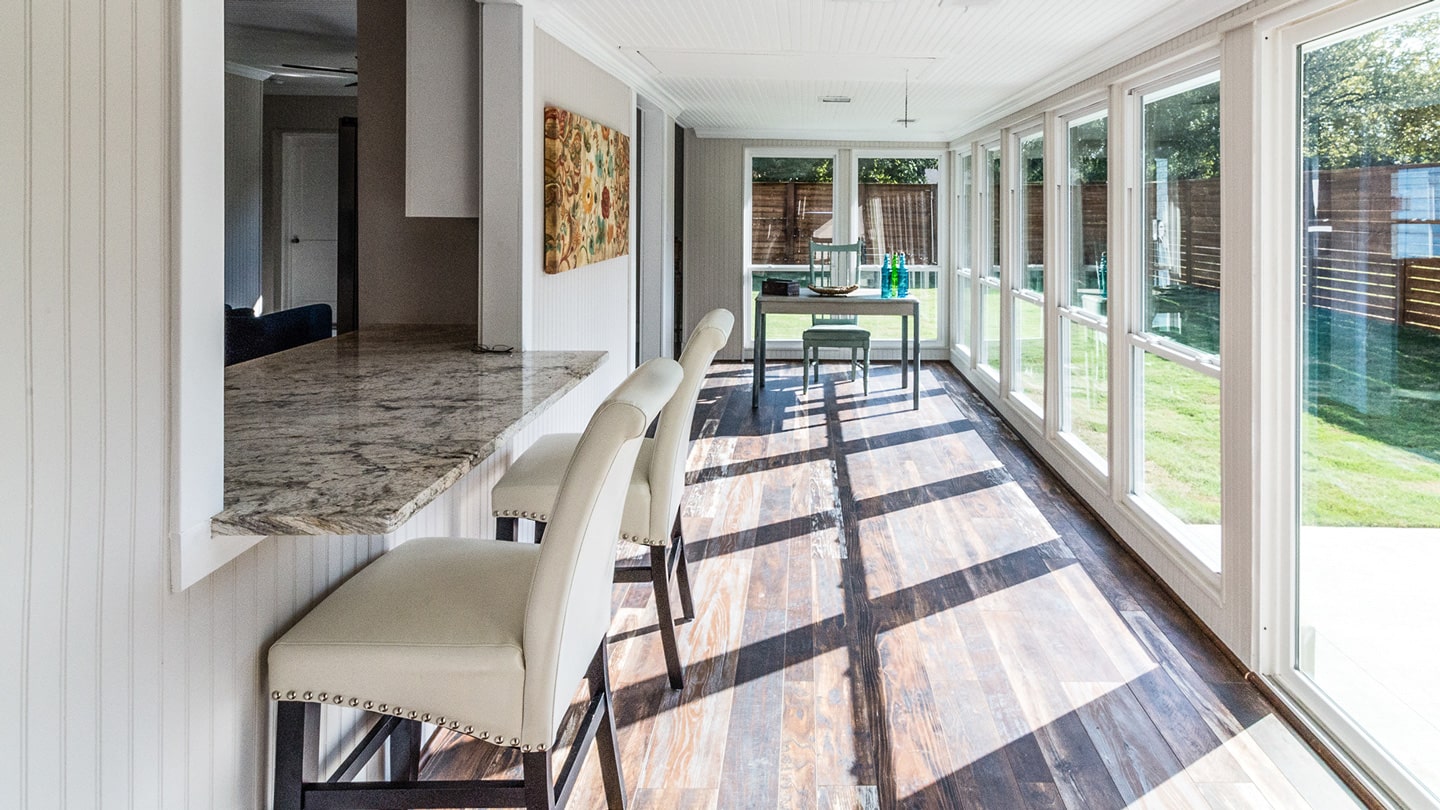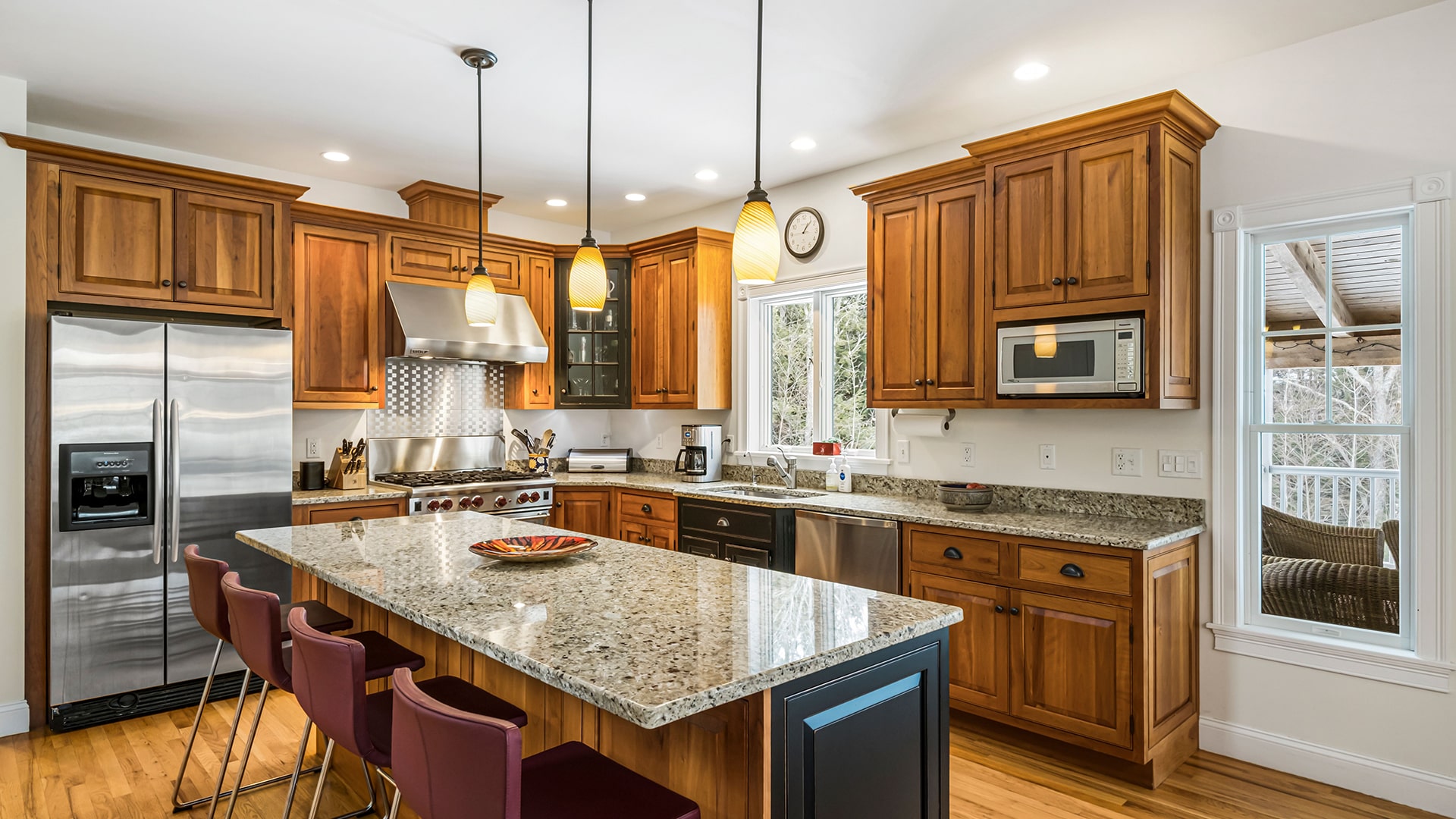Owning a home in New Hampshire isn’t just about enjoying the stunning foliage or snowy winters—it’s also about staying on top of seasonal home maintenance, handling repairs quickly, and understanding your options when unexpected issues arise. Whether you’re a year-round resident in Ossipee or a seasonal homeowner in East Wakefield, this guide offers everything you need to know to keep your property in top shape and your investment protected.
Why Home Repairs in New Hampshire Are Unique
New Hampshire homes face intense weather shifts—from icy winters to humid summers. These seasonal extremes make proactive home repair and maintenance more critical here than in many other states. Frozen pipes, roof leaks, attic mold, and foundation seepage are all too common for unprepared homeowners.
Unlike generic national advice, this guide is specifically tailored for homes in New Hampshire.
Home Repair Topics and Tips
The Risk of Waived Inspections in New Hampshire
The recent housing boom saw many buyers waive inspections to win bidding wars. While that might have secured a deal, it also led to surprises: leaking roofs, failed septic systems, outdated electrical, or moldy basements.
Waived inspection = waived protection.
If you bought a home without an inspection:
- Get a post-purchase inspection ASAP.
- Prioritize safety issues: mold, electrical hazards, radon, and structural concerns.
- Build a repair schedule and budget accordingly.
Homeowners in southern New Hampshire towns like Nashua or Wolfeboro have faced tens of thousands in unanticipated home repair costs due to this trend. Contractors are seeing a surge in requests for post-sale drywall repair, window replacements, and bathroom remodeling—often to fix issues that would’ve been flagged by a proper inspection.
Understanding Home Warranties and Service Plans
Home repair warranties (sometimes called “home service plans”) can offer peace of mind, especially for older systems. These plans cover appliances and major systems like HVAC, plumbing, or electrical. While they can save money on high-cost repairs, some homeowners find them restrictive due to claim denials or service delays.
Pro Tip: Review the fine print carefully and consider if you’d be better off saving for repairs in a dedicated fund.
How New Hampshire’s Seasons Impact Your Home
Winter Challenges
New Hampshire’s winters are harsh and long. Subzero temperatures and heavy snow create unique stressors for your home. Heating systems work overtime, ice dams form along roof edges, and even well-insulated pipes can freeze if not monitored. Homes that are left vacant—like vacation properties—are especially vulnerable without proper winterization. Snow load is also a risk, so it’s critical to clear rooftops when safe to do so and trim back overhanging branches that might snap under ice weight.
Spring Thaw & Flooding Risks
Spring means snowmelt and rainfall—leading causes of water intrusion in basements and crawl spaces. This season also reveals hidden winter damage: cracked shingles, broken gutters, or foundation issues that emerge as soil shifts. Pests return with warmer weather, and increased humidity can trigger early mold growth in attics and basements.
Summer Heat and Humidity
Though milder than other parts of the country, summers can be hot and humid. Ventilation becomes key, especially in basements where moisture builds. This is an ideal time for home improvement projects like deck restoration, exterior painting, and roof repairs. Mold prevention, well water testing, and landscape drainage checks are important during this season.
Fall Preparation
Autumn is your last chance to prep before the deep freeze returns. Chimney cleaning, furnace servicing, and attic insulation upgrades help your home stay safe and energy efficient. It’s also a good time to clean gutters, seal up rodent entry points, and inspect your property for signs of deterioration from the summer sun or thunderstorms.
Practical Home Maintenance Insights by Area
Instead of treating your home as one giant project, let’s walk through critical zones and how to maintain them effectively:
Bathrooms
Bathrooms in older homes can suffer from recurring leaks, grout decay, and poor ventilation. Addressing minor leaks promptly prevents water damage inside walls and under tile floors. Upgrading to water-efficient toilets and showerheads reduces utility costs while enhancing function. Mold control is key—exhaust fans and proper caulking make a big difference.
Kitchens
With heavy daily use, kitchens require durable, well-maintained systems. Faucet leaks, cabinet warping, and damaged tile are common issues. Granite or laminate countertops may need sealing or refinishing. Consider modernizing outdated lighting or improving ventilation above cooking areas to maintain both form and function.
Basements
Basements are often damp and prone to flooding during spring or power outages. Regular sump pump testing, waterproofing, and dehumidifier use help avoid costly damage. Finishing a basement? Consider moisture-resistant drywall and flooring to prevent future mold and mildew issues.
Exterior Structures
Decks, porches, and fences take a beating from the weather. Look for wood rot, loose boards, or rusted hardware. Re-seal and paint wood surfaces every few years. Concrete walkways and steps should be checked for cracking and sealed before winter. Foundation cracks should be monitored seasonally.
Roof and Attic
Roof leaks are among the most expensive and disruptive repairs. Inspect shingles, flashing, and chimney caps annually—especially after storms. Ensure attic insulation is adequate and vents are clear to prevent ice dams. Look for signs of animal intrusion or mildew buildup.
Doors and Windows
Drafty doors and windows drastically impact your heating bills. Check for cracked caulking, damaged weather stripping, and window seals. Replacing older units with modern energy-efficient models can reduce long-term costs.
Garage and Utility Spaces
These often-overlooked areas are essential for home systems. Keep water heaters, furnaces, and electric panels accessible and clear of debris. Test smoke detectors and carbon monoxide monitors seasonally. Proper lighting and insulation here can improve safety and energy use.
Tools Every NH Homeowner Should Have
- Roof rake
- Dehumidifier
- Sump pump with battery backup
- Pipe insulation and heat tape
- Heavy-duty extension cords for generators
- Thermostat with freeze protection mode
- FAQs About Home Repairs in NH
How much does the average home repair cost?
Home repair costs vary widely:
- Small repairs (leaks, drywall patching): $100–$500
- Medium projects (toilet replacement, flooring repair, window installation): $500–$2,500
- Major renovations (roof replacement, basement finishing): $10,000+
Always get estimates from a fully insured handyman service and compare quotes.
What’s the difference between home repair and home improvement?
Home repair refers to fixing something that’s broken or malfunctioning—like sealing a roof leak, patching a hole in drywall, or replacing a faulty toilet. Home improvement, on the other hand, involves upgrading or enhancing your home’s function, aesthetics, or value—such as remodeling your kitchen, installing a new shower, or replacing laminate countertops with granite. While both are essential to keeping a home in shape, repairs are reactive and maintain the current structure, while improvements are proactive and add to it.
Why is home repair so expensive?
Material and labor costs have risen. Plus, New Hampshire homes often have older systems (oil furnaces, original wood siding, etc.) that need specialized knowledge. Hiring a professional handyman ensures the job is done right—saving money long-term.
Paying for Home Repairs: Options and Programs
Home repairs can be costly, but there are several ways to manage the expense. Homeowners insurance may cover repairs caused by sudden damage (like a tree falling on your roof), while personal savings or an emergency fund are ideal for routine fixes. For larger projects, consider a Home Equity Line of Credit (HELOC) or personal loan. Government programs like the USDA Section 504 Home Repair Program offer grants or low-interest loans to income-qualified homeowners in rural New Hampshire. Nonprofits like Habitat for Humanity and local community action agencies may also provide assistance for essential repairs, especially for seniors or those with disabilities.
Are Home Repairs Tax Deductible?
In most cases, no—home repairs for personal residences are not tax deductible. The IRS treats repairs as maintenance expenses and does not allow you to write them off on your taxes. However, improvements that increase your home’s value or extend its life (like a roof replacement or new furnace) may qualify as capital improvements. These can adjust your home’s cost basis and reduce capital gains tax when you sell, but they are not deductible in the year you pay for them. Exceptions may apply for business-use areas of your home or medically necessary modifications.
When to Call I Professional Handyman?
You should consider calling a professional handyman when the repair is beyond your skill level, poses a safety risk, or requires special tools or permits. Common examples include electrical work, drywall repair, leaking pipes, or fixing a faulty ceiling fan. A handyman can also help with small carpentry projects, window and door replacements, or assembling furniture. Hiring a professional ensures the job is done right and saves you time, especially for busy homeowners or vacation property owners who aren’t always on-site.
BlueZone Home Concierge: Your Local Home Repair Partner
At BlueZone Home Concierge, we provide trusted, year-round handyman services in New Hampshire communities like Sanbornville, Union, and East Wakefield. Whether it’s fixing a leaking sink, installing new light fixtures, or prepping your home for winter, we offer:
- Professional craftsmanship across all trades—from drywall and carpentry to painting and masonry.
- Seasonal maintenance packages for full property coverage.
- Responsive repair services that prioritize your comfort and safety.
- Friendly local technicians who understand the climate and community needs of southern New Hampshire.
We’re committed to protecting your home, boosting your comfort, and preserving your property’s value—whether you live here full-time or visit seasonally.
Stay Ahead of Repairs, Not Behind Them
New Hampshire homes are beautiful—but they demand attention to stay that way. Don’t wait until a small issue becomes a costly repair. With seasonal maintenance and trusted partners like BlueZone Home Concierge, you can stay ahead of problems and protect your investment year-round.
Contact us today to schedule a service, request an inspection, or get a quote for your next home repair or improvement. Peace of mind starts with a solid plan—and we’re here to help.




